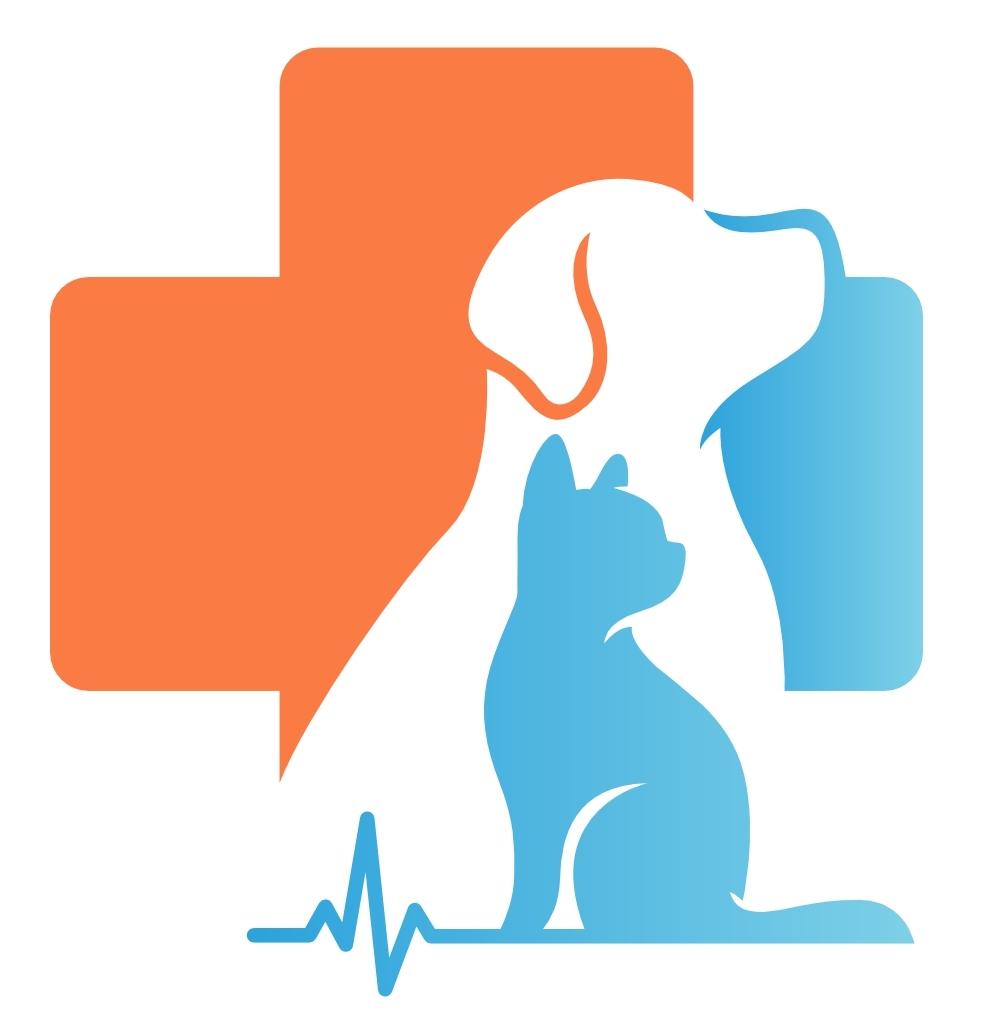Abnormal Droppings in Birds

Abnormal droppings are a non-specific sign of illness in birds. Causes may range from a dietary intake of excess fruits to bacterial or viral intestinal infections and heavy metal toxicity. Any changes in the color or consistency of your bird’s droppings should be addressed by your avian veterinarian.
Telehealth and What it Means

Telehealth is a broad term that refers to the use of telecommunications to provide health-related services. Telehealth services can be delivered by a variety of methods including telephone, text messaging, internet chat, and videoconferencing. Teletriage is the act of performing triage remotely, via telephone or internet and helps determine the urgency of your pet’s medical concern. Telemedicine refers to the practice of medicine at a distance. In the context of veterinary medicine, telemedicine refers to a veterinarian formulating a diagnosis and treatment plan for your pet without an in-person examination. Telemedicine is typically only permitted within the context of an existing Veterinarian-Client-Patient Relationship. Given the current COVID-19 pandemic and social/physical distancing requirements however, some federal and local governments have relaxed the requirements surrounding telemedicine.
Seizures in Birds
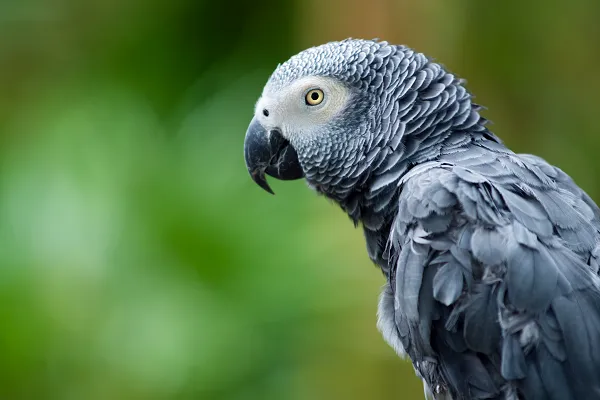
Seizures are reasonably common in pet birds and should be treated as a medical emergency. Species that are often affected include Amazon parrots, African grey parrots, budgies, canaries, cockatiels, finches, and lovebirds. There are several possible causes of seizures in birds. Diagnostic testing is often required so that your veterinarian can diagnose the problem and determine the necessary treatment plan.
Recognizing the Signs of Illness in Pet Birds

In the wild, a bird will try to uphold a strong appearance when sick. By the time a pet bird begins to display symptoms of illness, it has likely been sick for several days to weeks. Many things contribute to ill health. This handout provides bird owners with a list of signs that will alert them that their bird is sick.
Plants That are Toxic to Birds
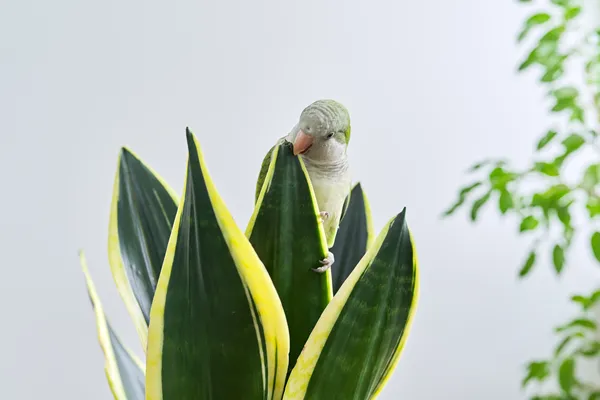
Many birds naturally eat plants as part of their diet. Some birds will chew on and possibly consume plants out of curiosity or during play. Many toxic plants will just make a bird sick if they ingest them, but some can kill them. Fortunately, rather than ingesting plants, most birds shred and play with plants with which they come in contact. This handout catalogues many of the indoor and outdoor plants that are considered to be potentially toxic to birds.
Liver Disorders in Birds
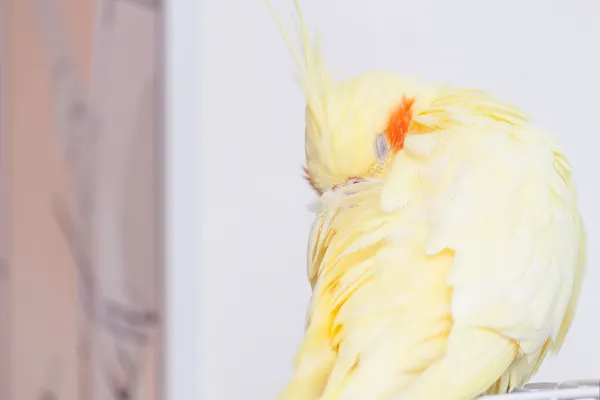
Liver disease can occur in any avian species but is most common in cockatiels, budgies, Amazon parrots, lories, and mynah birds. Because the typical clinical signs are non-specific and descriptive of many different diseases, diagnostic tests are highly recommended. Treatment options depend on the diagnosis and can range from diet modification to hospitalization.
Lead Poisoning in Birds
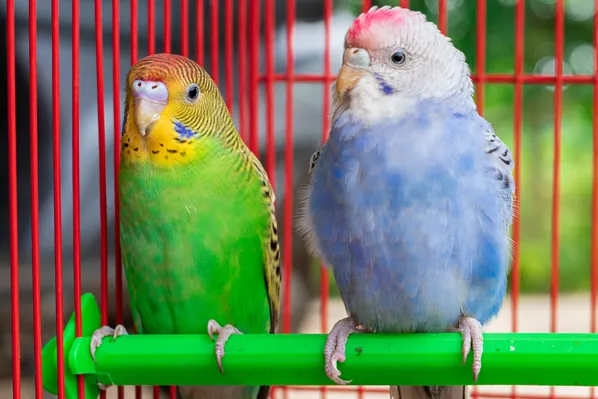
Lead is a common household hazard for birds. Due to their curious, explorative nature, house birds can be exposed to lead around the house. Lead causes heavy metal toxicity, affecting the blood, nervous system, and gastrointestinal system. Lead poisoning can be fatal if not treated.
Kidney Disorders in Birds

Kidney disease is relatively common in birds, especially budgies, and may present as an acute or chronic problem. Some of the clinical signs are very characteristic of kidney disease but many others are non-specific. This handout explains these signs, as well as how kidney disorders in birds can be diagnosed and treated.
How Do Emergency Clinics Work?
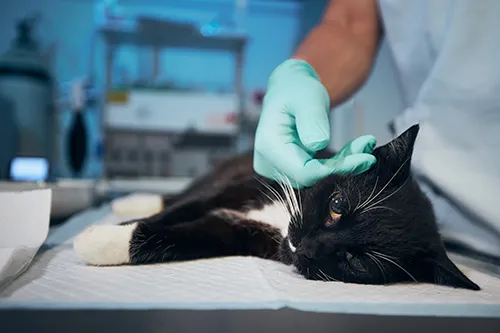
If your pet had an emergency crisis, how would you manage it? Ask your veterinary hospital how they handle after-hour emergencies. Use this handout to help you plan ahead and be prepared in the event of a pet-health emergency.
Household Hazards and Dangers to Birds
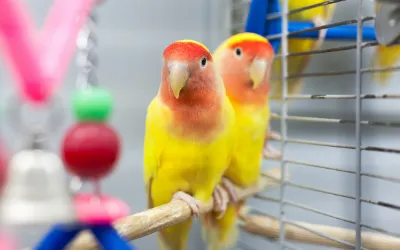
Birds are naturally mischievous and if not properly supervised, will get into many predicaments. It is crucial that you bird proof your home. The bird’s cage is its house and the confines of your home represent the bird’s environment.
